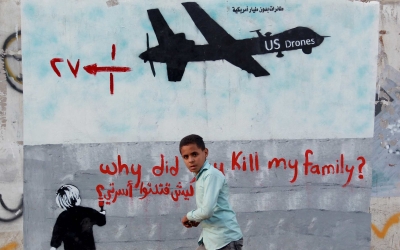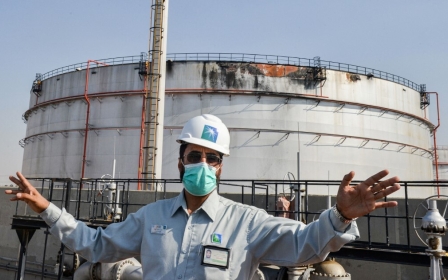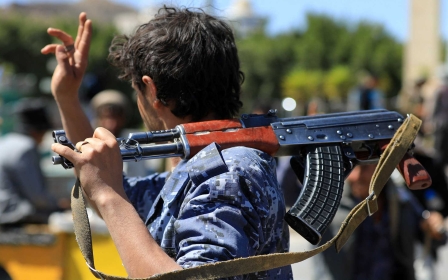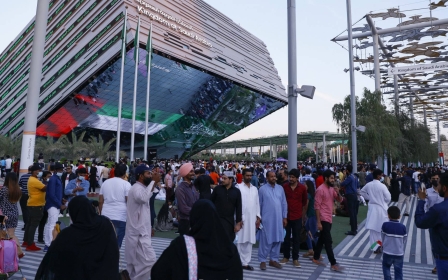Saudi Arabia says it cannot be held responsible for oil shortages
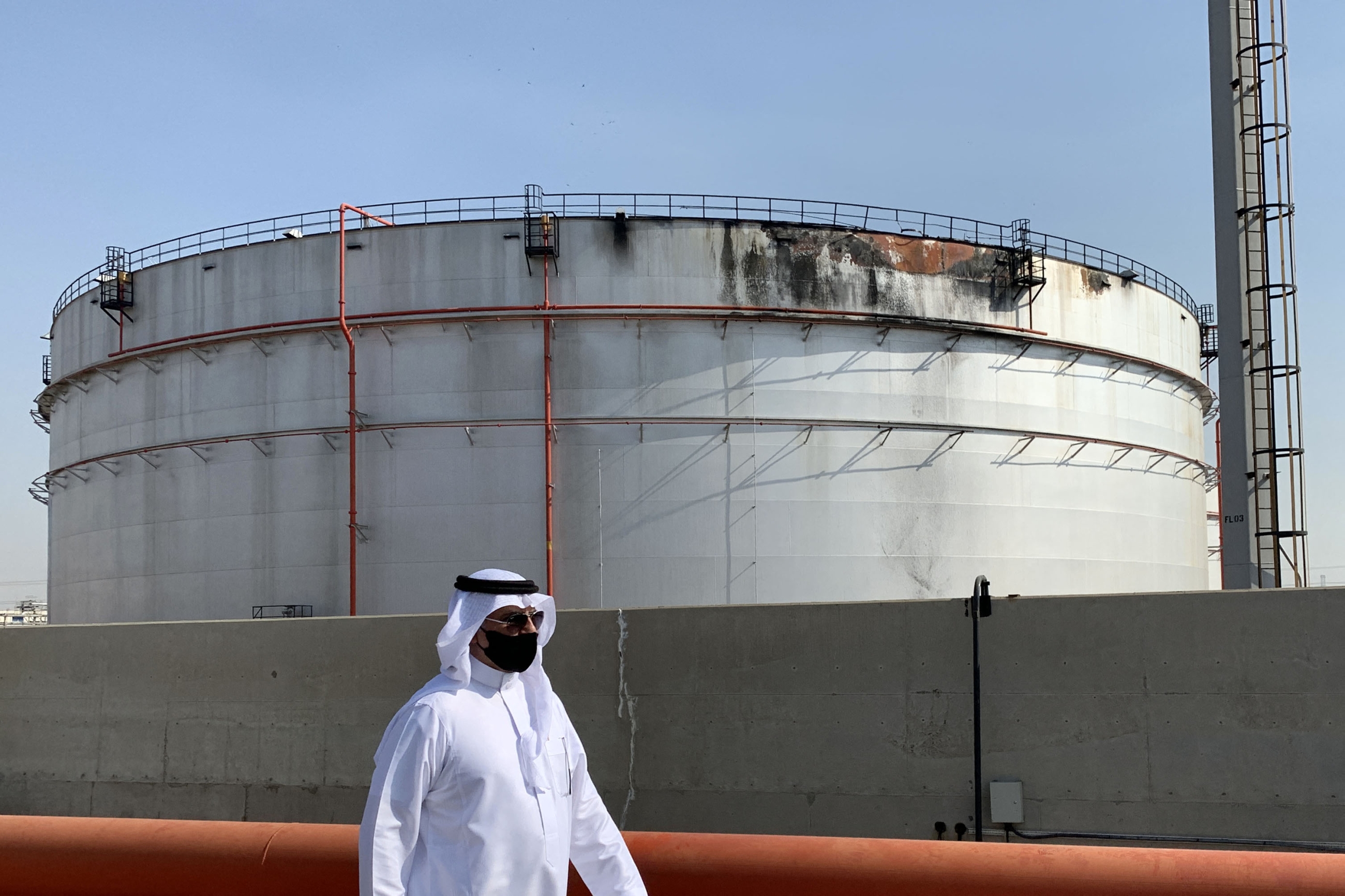
Saudi Arabia said on Monday that it "won't bear any responsibility" for a shortage in global oil supplies as it warned that missile attacks by Yemen's Houthi rebels had hampered production.
The official Saudi Press Agency carried a statement from an unnamed foreign ministry official that said attacks by Yemen's Houthi rebels pose a danger to global oil supply and will have "dire effects on the production, processing and refining sectors".
New MEE newsletter: Jerusalem Dispatch
Sign up to get the latest insights and analysis on Israel-Palestine, alongside Turkey Unpacked and other MEE newsletters
"This will [affect] the kingdom's production capacity and its ability to fulfill its commitments, which no doubt will threaten the safety and stability of energy supply to the global markets," the statement said.
These cross-border assaults are a "direct threat to the security of oil supplies in these extremely sensitive circumstances witnessed by the global energy markets".
The unusually stark warning comes as oil-rich Gulf countries, including Saudi Arabia, have been under pressure to open the supply taps in the face of market volatility stemming from Russia’s invasion of Ukraine.
So far the Gulf states have held firm, stressing their commitment to output cuts agreed by the Opec+ alliance of oil producers led by Riyadh and Moscow.
Prices for Brent crude - the international benchmark - spiked on Monday. Brent crude was up more than four percent, at more than $112 per barrel earlier in the day.
The statement also comes a day after the Houthis launched drone and missile attacks targeting the kingdom. Saudi Arabia acknowledged that the strikes had led to a temporary drop in production.
Houthi drones slammed into a petroleum products distribution terminal in the southern Jizan region, a natural gas plant and the Yasref refinery in the Red Sea port of Yanbu, Saudi Arabia's energy ministry said in a statement on Sunday.
The drone assault on the Yasref refinery "led to a temporary reduction in the refinery's production", the energy ministry's statement said.
The assault comes as ties between the US and Saudi Arabia have frayed over what Riyadh perceives as a lack of US support for its defence in the face of Houthi attacks.
On Monday the Wall Street Journal reported that the Biden administration had transferred a significant number of Patriot antimissile interceptors to the kingdom within the past month to ensure Saudi Arabia could continue fending off the Houthi attacks.
The war in Yemen erupted in September 2014 when the Houthis seized the capital, Sanaa, sparking a civil war that forced President Abd-Rabbu Mansour Hadi to seek refuge in Aden and then Saudi Arabia.
The kingdom and its allies intervened in March 2015 and have since carried out more than 22,000 air strikes in an effort to roll back the rebels, with one-third striking non-military sites - including schools, factories and hospitals, according to the Yemen Data Project.
According to UN estimates, 377,000 will have died in the protracted conflict by the end of 2022, an estimated four million have been displaced, and 80 percent of the country's 29 million people are dependent on aid for survival.
The UN has declared it the "world's worst humanitarian crisis", as heavy artillery and air strikes have hampered access to health care and increased pressure on the few facilities that are still functioning.
Middle East Eye delivers independent and unrivalled coverage and analysis of the Middle East, North Africa and beyond. To learn more about republishing this content and the associated fees, please fill out this form. More about MEE can be found here.


